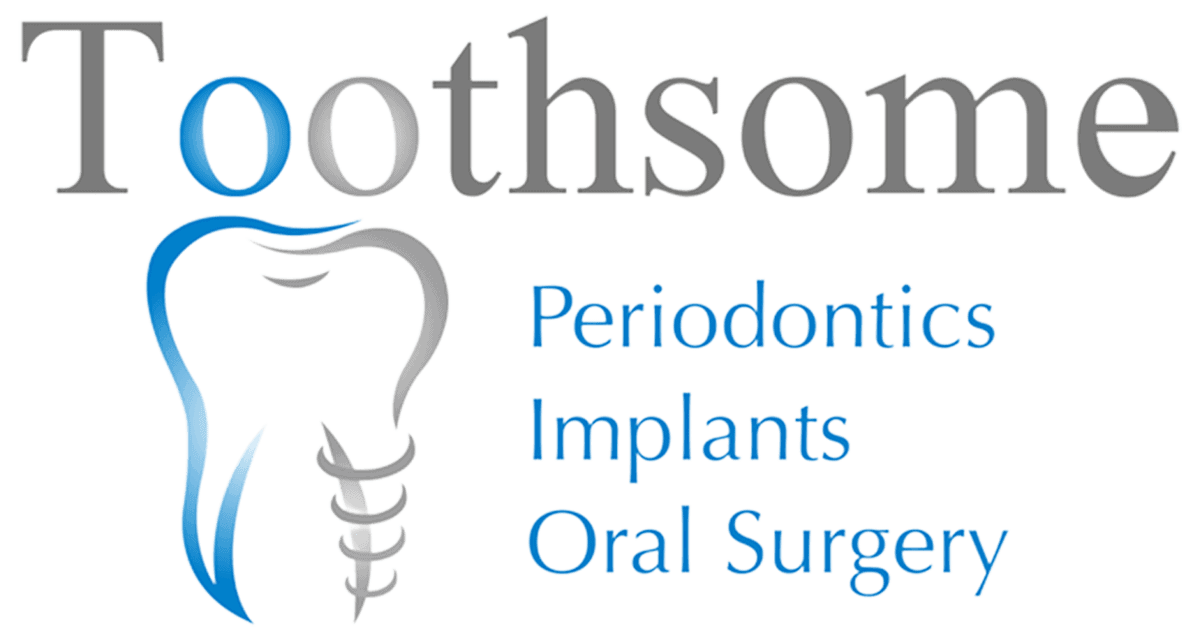
Several oral health conditions can lead to the state of missing teeth. Several prostheses are available to replace missing teeth, but dental implants are one of the top choices. If you, too, are considering dental implants as your choice of prosthetics, and want to find out more, keep reading!
What Are Dental Implants?
Dental implants do not replace the entire tooth structure but the root of the missing tooth. They are designed like a screw, meant to be inserted into your jaw and take up the position the root of your natural teeth does. This positioning allows the implant to anchor the tooth that will be placed over it.
An attachment called the abutment is capping the dental implant. The abutment aims to provide a tight fit between the artificial tooth and the implant.
On top of the abutment, a replacement tooth or teeth called a dental crown, or a dental bridge is placed. These replacement teeth are custom-made for every individual to ensure an ideal fit for the implant and a perfect shade match with their own teeth.
Types of Dental Implants
Dental implants can be classified in two different ways. The first is based on their position in the jaw bone, and the other is based on their material. Following are the different types of dental implants.
Based On Position in Jaw Bone
There are two types of dental implants under this classification.

Endosteal Implants
Endosteal implants are the go-to choice for many as they are embedded directly into the jawbone. They offer a secure base for the implant, and an experienced dentist can attach one or multiple artificial teeth to each one of them.
Subperiosteal Implants
For individuals whose jaws lack height and volume, a subperiosteal implant can be affixed directly onto the jawbone by a surgeon. This is an ideal solution for restoring lost facial structure or augmenting the existing bone to provide natural-looking results.
Based On Material
There are two different types of materials commonly used to make dental implants. While other materials may also be used, these two are most frequently used in the present day due to their ideal properties.
Titanium Implants
Titanium implants have successfully stood the test of time and remain a reliable choice. Patients who opt for titanium implants can rest assured that their implants will last 20 or 30 years without any issues arising.
Titanium implants are usually the better choice for those with a habit of clenching or grinding their teeth, as they rarely fracture and provide lasting durability. Compared to ceramic implants, titanium is much more resilient and longer-lasting, giving you peace of mind in knowing that your implant will stand up to the test time.
Ceramic Implants
Ceramic dental implants offer an advanced approach to replacing teeth with a robust and long-lasting material akin to titanium without rusting. For people allergic to metals such as titanium, ceramic implants might be their only solution.
Ceramic implants can be customised to blend in with your existing tooth shade, making them less likely than titanium implants to cause discolouration of the mucosal tissue. In turn, you’ll have a bright, beautiful smile that looks more natural.
Dental Implant Procedure
Tooth implants are placed into your jaw by a surgical procedure. Dental implant treatments require a string of steps lasting from 3 to 9 months. For a successful outcome, you could need the expertise of various dental professionals, such as oral surgeons and periodontists.
The number of teeth replaced will determine the type and length of your specific implant procedure. While the dental implant procedure can vary from person to person, a general outline of the entire dental treatment can be created based on the necessary steps. This is what you can expect your tooth implant procedure to look like.
Consultation And Evaluation
The first step of the process is to consult a dental surgeon regarding the need for teeth implants and their suitability for you. This would require an assessment. A vital component of the initial evaluation is analyzing whether enough healthy jawbone and sufficiently healthy gums are present to sustain a dental implant.
Before the dental implant procedure, your jawbone and gums must be healthy. If it is determined that either are too thin or soft, a bone graft may need to take place before beginning this process. Any periodontal or gum disease in the surrounding tissues should be treated beforehand.
Implant Placement
The exact process of dental implant surgery depends upon the type of implant you get. For an endosteal implant, your gum will be cut, and a hole will be drilled into your bone for implant placement. Once the dental implant is in place, the gum will be stitched together and left to heal.
Avoiding the need for drilling, a subperiosteal implant enables you to have an implant post placed on or above your jawbone.

Healing
Once the dental surgery is complete, dental implants require two to six months for the screw’s surrounding bone cells to fuse with the bone.
This process is known as osseointegration and ensures that your implant will remain secure and stable in the long term.
Abutment And Tooth Placement
A metal extender known as an abutment is frequently incorporated to finish the dental implant procedure. This step can be completed during the primary process or via a minor follow-up operation with local anesthesia.
After your dental implant process is complete, your dentist will create a mould of your teeth to accurately manufacture the exact size and shape of permanent replacements, whether fixed or removable. The artificial tooth placed over the abutment looks just like the surrounding teeth.
Maintenance Of Dental Implants
Following dental implant surgery, it is essential to maintain a routine of brushing and flossing your teeth, just like natural teeth. Artificial replacements demand the same level of care to remain healthy and functional.
Your oral surgeon or dentist must plan regular follow-up visits to guarantee a successful dental implant treatment. You must visit your dentist every six months for professional cleanings and keep an eye on the implants and gum tissue.
Conclusion
Dental implants are an option when you have lost one or more teeth. Implants provide many benefits, including a high success rate and the ability to preserve the jaw bone. With proper care, dental implants can last for many years. At Toothsome Implants Chatswood, our expert specialist surgeons provide top-quality dental implants that offer excellent function and a boost of confidence that only comes with a pearl-bright smile. Contact us for a consultation today!
- Sydney CBD on (02) 9159 3728
- Baulkham Hills on (02) 9158 6637
- Chatswood on (02) 8203 8786
Note: Any surgical or invasive procedure carries risks. Before proceeding, you should seek a second opinion from an appropriately qualified health practitioner.



